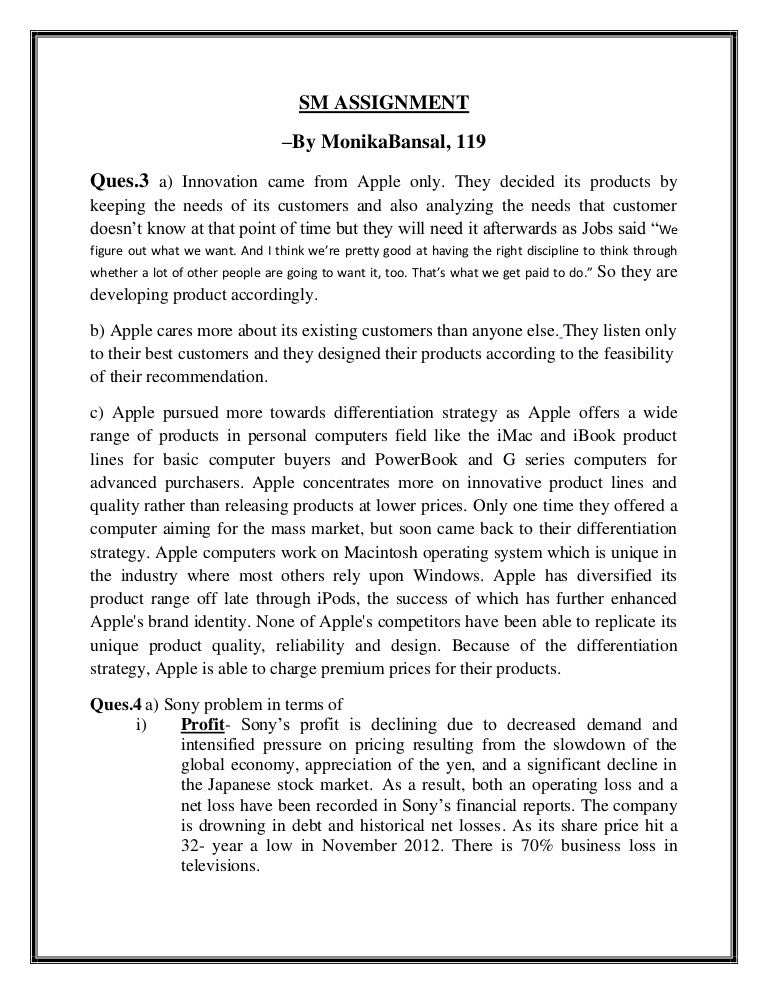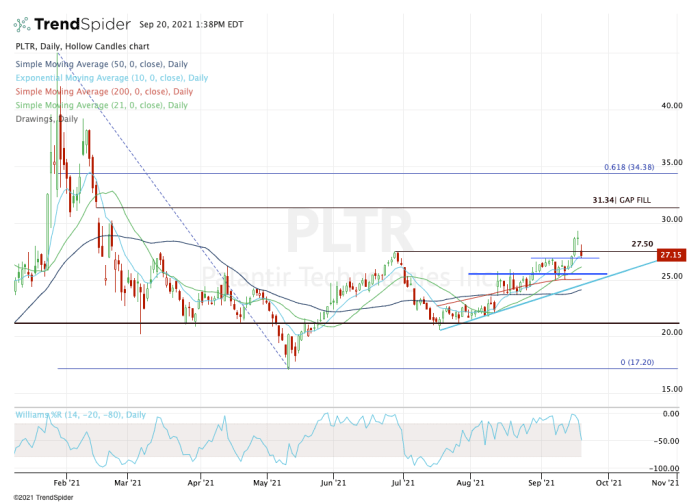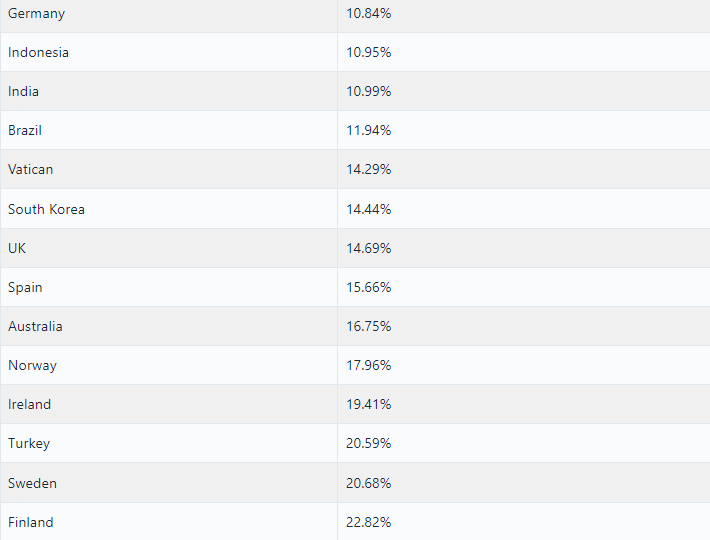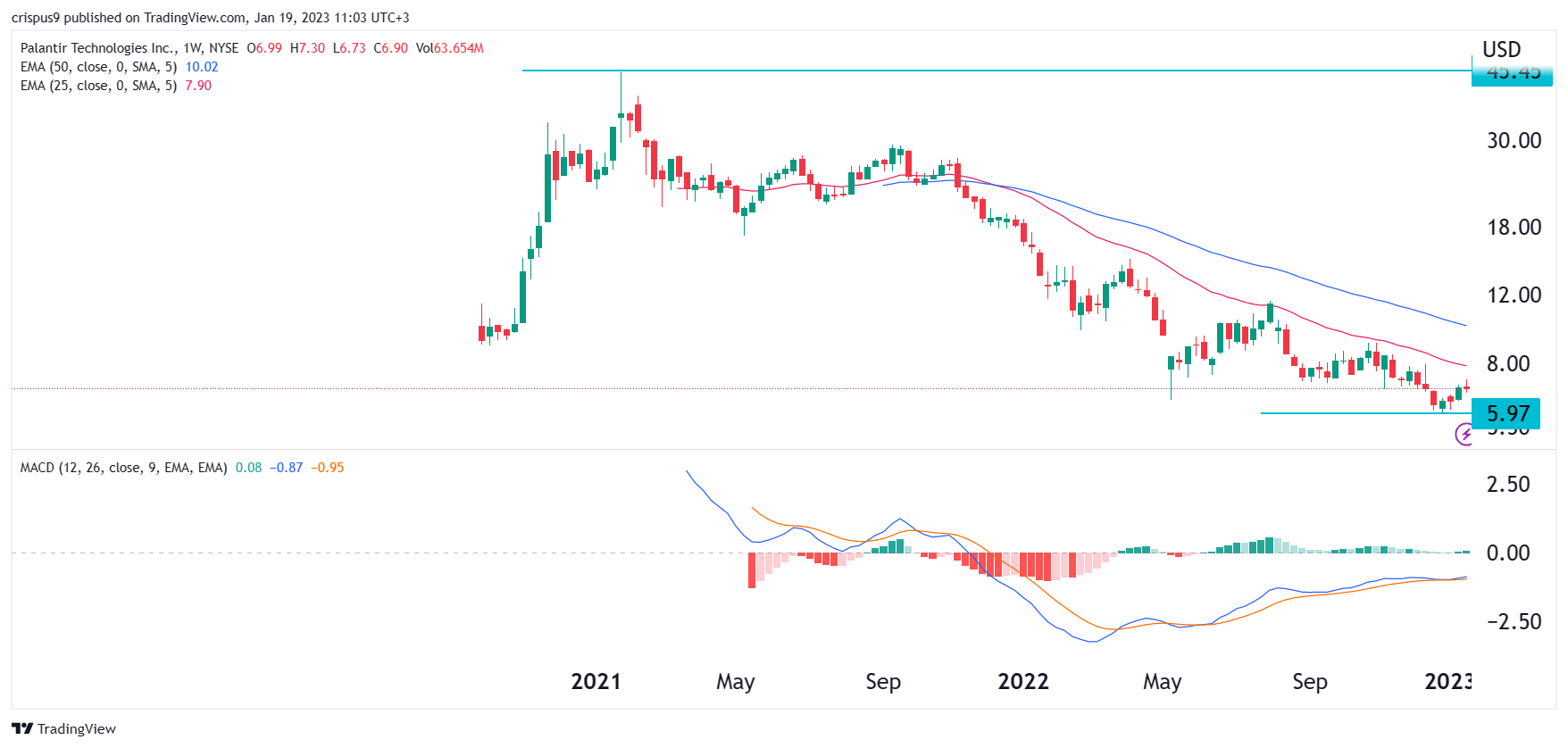Is Apple's AI Strategy Falling Behind? A Critical Analysis

Table of Contents
Apple's Strengths in AI
While concerns exist, Apple boasts significant strengths in the AI arena.
Siri's Evolution and Limitations: Siri, Apple's virtual assistant, has undergone considerable evolution since its inception. Its natural language processing capabilities have improved significantly, enabling it to understand and respond to more complex queries. However, Siri still falls short compared to rivals like Google Assistant and Alexa.
- Lack of proactive features: Siri often requires explicit commands, lacking the proactive assistance offered by competitors.
- Limitations in complex tasks: Handling intricate multi-step requests or nuanced instructions remains a challenge.
- Reliance on internet connection: Many Siri functions require a constant internet connection, limiting its offline functionality.
- Improvements in natural language processing: Apple continues to invest in NLP, leading to gradual enhancements in Siri's understanding and response generation.
Apple's Focus on Privacy and its Impact on AI Development: Apple's unwavering commitment to user privacy is a defining characteristic. This emphasis, however, presents a double-edged sword for its AI development. While prioritizing privacy builds user trust, it also limits the amount of data available for training AI models.
- On-device processing limitations: Processing AI tasks on the device itself, rather than in the cloud, limits the complexity of algorithms and the scale of data analysis.
- Reduced data for model training: The restricted data collection practices result in smaller datasets compared to competitors, potentially hindering model accuracy and sophistication.
- Challenges in personalization: While respecting privacy, achieving the level of personalized experiences offered by competitors with more access to user data remains difficult.
- Benefits of enhanced user trust: Apple's privacy-focused approach fosters considerable user trust, a significant advantage in a market increasingly concerned about data security.
Success in Specific AI Applications (e.g., Image Processing, Health): Apple demonstrably excels in integrating AI into specific product areas.
- Examples of successful AI integration: The image processing capabilities of iPhones, utilizing sophisticated AI algorithms for superior photo quality, are a prime example.
- Advanced health monitoring capabilities: The Apple Watch utilizes AI for advanced health monitoring, including heart rate tracking and fall detection.
Areas Where Apple Appears to Lag
Despite its strengths, Apple faces challenges in several key AI areas.
Lack of a Comprehensive AI Ecosystem: Compared to Google and Microsoft, Apple lacks a fully integrated AI ecosystem.
- Limited AI developer tools: Apple provides fewer developer tools and resources for creating AI-powered applications compared to its competitors.
- Absence of a significant AI cloud platform: Apple's cloud offerings lack the scale and comprehensive AI services provided by Google Cloud or Azure.
- Less focus on enterprise AI solutions: Apple's AI efforts have largely focused on consumer products, leaving a gap in the enterprise AI market.
Slow Adoption of Generative AI: The rapid advancement of generative AI has seen Apple comparatively slow to enter the arena.
- Limited public-facing generative AI products: Apple has yet to release widely available generative AI products comparable to ChatGPT or Google Bard.
- Potential reasons for caution: This hesitancy might stem from Apple's cautious approach to AI development, prioritizing accuracy and reliability over rapid deployment.
- Missed opportunities in the rapidly evolving generative AI market: This cautious strategy might result in lost opportunities in the rapidly evolving generative AI market.
Competitive Landscape and Market Share: Apple's position in the broader AI market is a subject of ongoing debate.
- Market share data for relevant AI services and applications: While Apple holds significant market share in consumer devices, its market share in specific AI services lags behind its main competitors.
- Analysis of competitor strategies: Google and Microsoft are aggressively investing in AI across various sectors, posing a potential threat.
- Potential threats to Apple's dominance in other areas: Competitors' advancements in AI could challenge Apple's dominance in other areas, like mobile operating systems and smart devices.
Conclusion
In summary, Apple demonstrates significant AI capabilities, particularly in specific applications like image processing and health. However, its relatively slow adoption of generative AI, coupled with the lack of a comprehensive AI ecosystem, raises questions about its overall AI strategy. Whether this constitutes "falling behind" is debatable; it could be a strategic, calculated approach prioritizing privacy and quality over speed. Ultimately, the success of Apple's AI strategy will depend on its ability to navigate the competitive landscape while staying true to its core values.
What are your thoughts on Apple's AI strategy? Share your insights in the comments below and let's discuss the future of Apple's AI.

Featured Posts
-
 Increased Scrutiny For Asylum Applications Home Office Targets Specific Nationalities
May 09, 2025
Increased Scrutiny For Asylum Applications Home Office Targets Specific Nationalities
May 09, 2025 -
 Wynne Evans Go Compare Future Uncertain Following Sex Slur Allegations
May 09, 2025
Wynne Evans Go Compare Future Uncertain Following Sex Slur Allegations
May 09, 2025 -
 Is Palantir A Buy After A 30 Drop Analyzing The Stock Dip
May 09, 2025
Is Palantir A Buy After A 30 Drop Analyzing The Stock Dip
May 09, 2025 -
 Updated Uk Visa Policy Implications For Nigerian And Pakistani Applicants
May 09, 2025
Updated Uk Visa Policy Implications For Nigerian And Pakistani Applicants
May 09, 2025 -
 Palantir Stock Down 30 Is This A Buying Opportunity
May 09, 2025
Palantir Stock Down 30 Is This A Buying Opportunity
May 09, 2025
